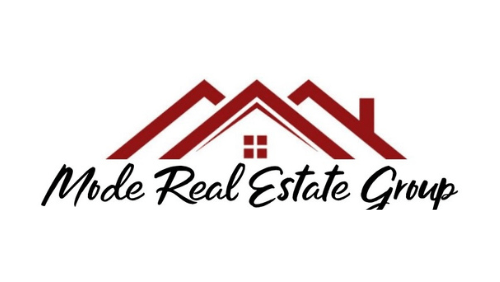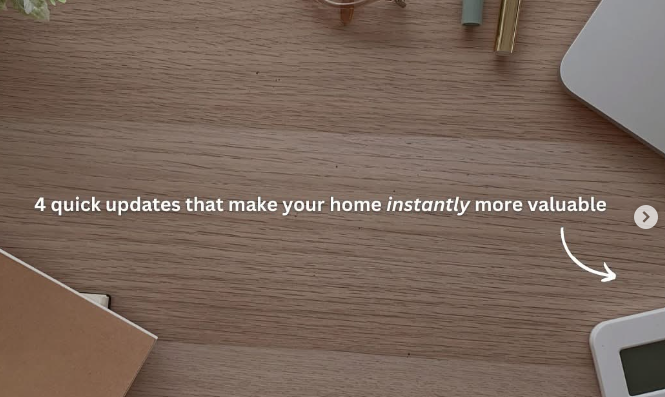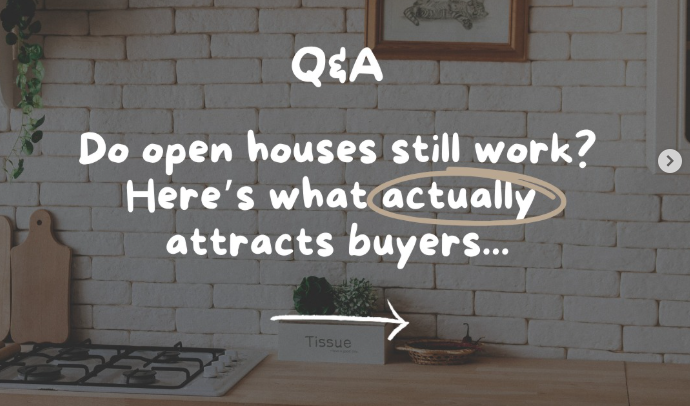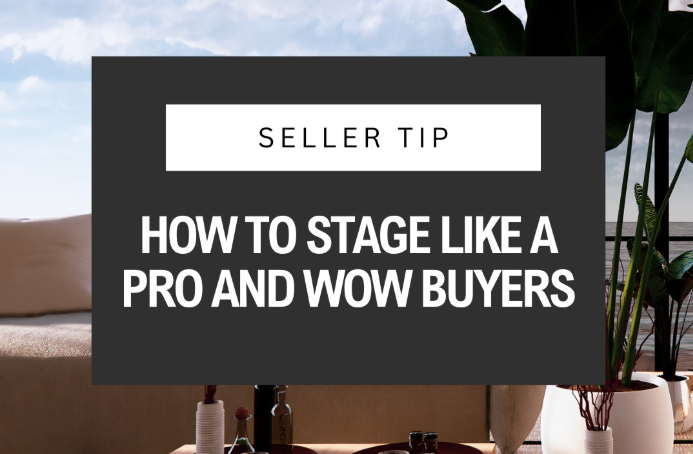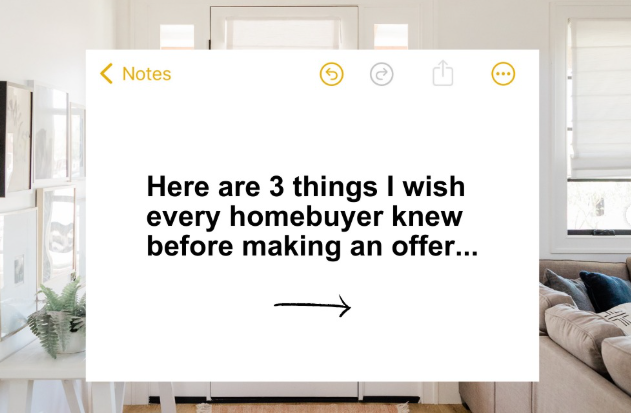
11 Worst Home Selling Mistakes
- Failure to Disclose - when you go to sell your home, your realtor will provide you with a stack of documents detailing everything about the home physically. Here is where you will disclose things such a prior repairs, improvements, or other important things a new owner of the property will need to know. If you FAIL to disclose information about a problem within the paperwork, hopefully the inspections will find those issues so they can be addressed. Should the inspections not reveal any issues, and later down the road it becomes clear there was an underlying issue you most likely knew about, and FAILED TO DISCLOSE, you could be liable. Always better to start by getting it all down on paper to begin with!
- Neglecting Paperwork - the said stack of paperwork all sellers are tasked with completing is a vital stage of selling. It gives the agent a better idea of what they are up against as far as potential repairs that could be needed now or in the future. If for example you need a new HVAC unit, but have not told the agent, and they have not seen the disclosures where you would note this, that is a big expense, and could possibly alter the listing price or negotiations.
- Having Bad Marketing - This all comes down to the photos. If your photos are terrible, you can have the best home on the block and nobody will come see it. This is 99% of shopper's first impression of your home - they WILL shop online before ever venturing out in the car - so you better believe the photos need to be top notch! Most professional real estate agents include this as part of their listing package, and take great measures to make sure the home is in tip-top shape before even scheduling them!
- Not Negotiating Enough - This is going to fall to your agent, they should be well aware of what you need to NET on the property, and having prior knowledge of the entire background of the home is essential for this part to be executed effectively! Hence, why Neglecting Paperwork is number 2 on the list! Knowledge is power here!
- Selling at the Wrong Time of Year - There really is no such thing, of course, it is ideal to sell in spring or summer with nice inviting weather, the real world does not work that way, and there are pro's and con's to selling in each season. Your agent will determine what is "best" for the market and your specific time line.
- Offering Limited Showings - The goal is as much exposure and showings in the first few days or weeks as possible, to secure an offer or maybe more than 1 to work with! If you limit the showing hours, buyers will skip right over your home and go on the one they can actually tour IN PERSON! When a buyer thinks your house has potential - they want to see it ASAP, and the longer you wait on that excitement, the less excited they are about seeing it and making an offer.
- Ignoring Curb Appeal - Just like the photos are your first impression online, the curb appeal of the actual house is just as important of a first impression! The buyers are meeting your home for the first time, and they want to be greeted by a big welcoming smile and hug! Meaning fresh trimmed lawns and hedges, blooming flowers, and a bright and cheery front door! We wouldn't want to greet them with cobwebs, dirty windows, dead plants, or chipping paint....sending a clear message that you do not maintain the home very well!
- Not Bothering to Clean the House - Same as curb appeal, you would not want to greet a potential buyer with piles of laundry, dirty dishes in the sink, or dirty bathrooms! These people are going to be walking around in your most private spaces, so having them clean and tidy is a must! Not to mention the message that if you are not cleaning, you are probably also not keeping up on repairs of the home.
- Skipping Small Repairs - Small repairs being things like electrical outlets that may not work, chipped paint, broken cabinet doors, maybe a closet door off it's track?? If you can either fix them yourself, or find a local handyman, it will save you time and money in the long run. When you sell a house, most buyers will have inspections done, and then prepare a Request for Repairs to you the seller, and those amounts could be a lot more after they hire a professional to perform the repairs. Better to avoid the issues all together from the start!
- Not Considering Selling Costs - Your real estate agent should provide you with a Net Sheet from the time you start talking about a listing price. This sheet will break down all of the potential costs of selling the home, and what would potentially be left as profit after all of those costs. Some things are unforeseen, such as the cost of repairs, and may alter the net amount during the process. It is smart to be aware of every cost associated with selling a home BEFORE you get too far into it!
- Setting an Unrealistic Price - The listing price of a home is not some arbitrary number that your agent pulls out of a hat! It is calculated based on past sales in your neighborhood, current inventory in the area, and the features and benefits that YOUR home has to offer. For example, maybe you are the only one on the block with a pool, well, that is a nice selling feature, but it doesn't mean you will make tens of thousands more on your house than your neighbor. Your agent can help you determine what assets and improvements are the most valuable for your home.
